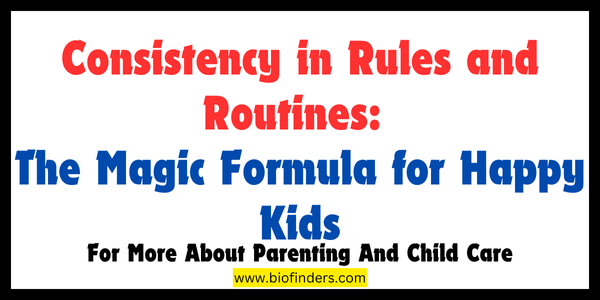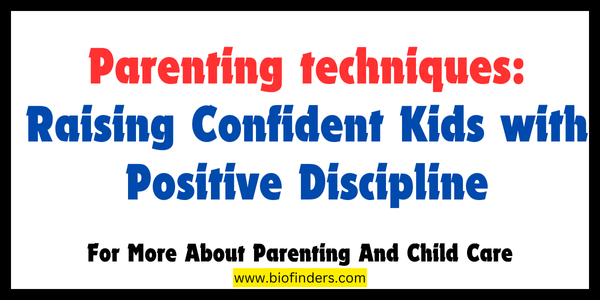As parents, watching your little one grow is an incredible experience. Seemingly simple movements plays crucial role in building essential gross motor skills?
Gross Motor Skills: The Foundation for Future Movement
Gross motor skills refer to the use of large muscle groups for coordinated movements. These skills form the foundation for a whole range of physical activities, from crawling and walking to climbing and playing sports. By encouraging your infant’s gross motor skill development early on, you’re not just helping them reach physical milestones, you’re also laying the groundwork for lifelong health, coordination, and a sense of self-confidence.
Gross Motor Skill: Head control
From birth, your baby will begin developing head control. This is a crucial skill that allows them to explore their surroundings visually and interact with the world around them. Here are some fun activities to encourage head control:
- Gross Motor Skills: Tummy Time: This may not be their favourite position initially, but tummy time is essential for strengthening the neck and back muscles needed for head control. Start with short sessions (a few minutes) on your chest and gradually increase the duration as your baby gets stronger. Place colorful toys just out of reach to encourage them to lift their head and look around.
- Gross Motor Skills: Peek-a-Boo: This classic game is not just for entertainment! It encourages your baby to track objects visually and lift their head to see where you’ve gone.
- Gross Motor Skills: Mirror, Mirror on the Wall: Place a safe, unbreakable mirror at an angle on the floor so your baby can see their reflection. This not only encourages them to lift their head but also sparks their curiosity about themselves.
Gross Motor skills: Reaching and Grasping: Exploring the World with Their Hands
As your baby develops head control, their natural curiosity will take over. They’ll reach out and grasp at objects, a vital skill for future exploration and play. Here are some ways to make reaching and grasping fun:
- Gross Motor Skills: Treasure Hunt: Place brightly colored, textured toys within reach on a playmat. Encourage your baby to reach out and explore the different textures and shapes.
- Gross Motor Skills: Shaker Surprise: Fill a clean, empty plastic bottle with uncooked rice or beans and secure the lid tightly. This lightweight shaker toy is perfect for little hands to grasp and rattle.
- Gross Motor Skills: Sensory Play: Create a safe sensory bin with shredded paper, crumpled tissue, or dried beans. Encourage your baby to reach in and explore the different textures with their hands.
Gross Motor Skills: Kicking and Leg Strength: Preparing for Crawling and Beyond
Strong leg muscles are essential for future milestones like crawling, walking, and even jumping. Fortunately, most babies enjoy kicking naturally! Here are some activities to help them develop leg strength and coordination:
- Bicycle Legs: Gently hold your baby’s ankles and move their legs in a bicycling motion. This is a fun way to exercise their leg muscles and practice coordination.
- “Kick the Ball” Fun: Use a large, soft ball that your baby can safely kick. Roll the ball towards them or hold it just out of reach to encourage them to kick it.
- Tummy Time Variations: Prop your baby on their tummy with a rolled-up towel under their chest for some added support. This allows them to push up with their arms and legs, strengthening both upper and lower body muscles.
Beyond the Basics:
While these activities are a great starting point, there are many other ways to encourage gross motor skill development in your infant. Here are some long-tailed keyword ideas to inspire further exploration:
- Activities for strengthening baby’s neck muscles
- Sensory play ideas for infants
- How to encourage baby to roll over
- Safe toys for tummy time
- DIY baby gym for play
- Exercises to help baby crawl
- Gross motor skill development milestones by age
Gross motor skills: Safety Tips and Setting the Stage for Play
Safety First:
Before we dive into more activities, let’s prioritize safety. Here are a few key points to remember for the development of gross motor skills:
- Always supervise your baby during play. Accidents can happen in a split second, so constant supervision is crucial.
- Create a safe play space. Clear the area of any tripping hazards or sharp objects. Use a padded playmat for activities like tummy time.
- Choose age-appropriate toys. Toys that are too small or have choking hazards can be dangerous. Look for brightly colored, soft, and lightweight toys that are easy for little hands to grasp.
Setting the Stage for Fun in case of Gross Motor Skills
Now that safety is covered, let’s create an environment that encourages exploration and movement:
- Variety is Key: Rotate toys regularly to keep your baby interested and engaged.
- Get Down on Their Level: Spend time on the floor with your baby, playing and interacting face-to-face.
- Make it a Musical Experience: Sing songs and play music during playtime. This adds a fun element and encourages movement.
- Celebrate Every Milestone: Acknowledge and celebrate your baby’s achievements, no matter how small. This positive reinforcement motivates them to keep exploring and learning.
Additional Fun Activities by Age Group for the development of Gross motor skills
Newborns (0-3 Months):
- Passive Leg Exercises: Gently massage your baby’s legs and feet to stimulate movement and improve circulation.
- Wind chimes: Hang colorful wind chimes within your baby’s line of sight to encourage them to track moving objects with their eyes.
Gross Motor Skills: 3-6 Months:
- Reaching for Ribbons: Tie colorful ribbons or scarves to a play gym or crib for your baby to reach for and bat at.
- Mirror Play: Hold a mirror in front of your baby during tummy time to encourage them to lift their head and explore their reflection.
Gross Motor Skills: 6-9 Months:
- Tunnel Time: Create a safe tunnel using a large blanket or cardboard box. This encourages crawling and exploration.
- Push and Pull Toys: Introduce push and pull toys to encourage movement and coordination.
9-12 Months:
- Obstacle Course: Create a safe obstacle course for your baby using pillows, blankets, and low furniture.
- Dancing Together: Turn on some music and hold your baby close while dancing around the room. This is a fun way to bond and encourage movement.
Remember: Every Baby Develops at Their Own Pace
It’s important to remember that every baby develops at their own pace. If you have any concerns about your baby’s gross motor skills development, talk to your pediatrician. They can provide guidance and reassurance and ensure your little one is on track.
By incorporating fun activities and play into your daily routine, you’ll be helping your infant build strong muscles, explore their world, and develop a lifelong love of movement. Happy playing!




Leave a Reply